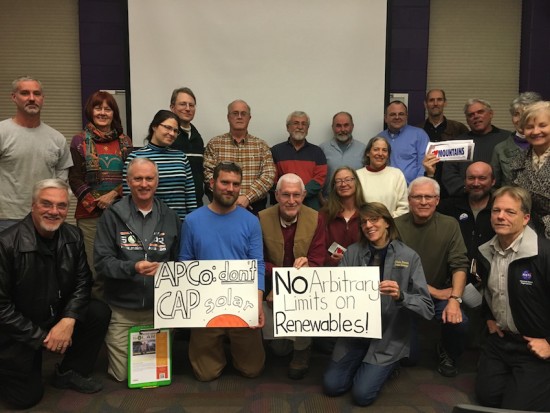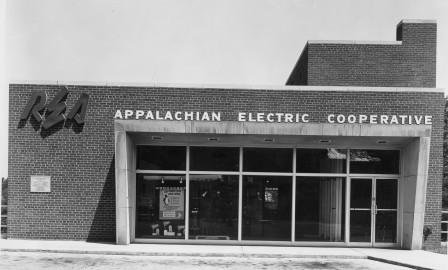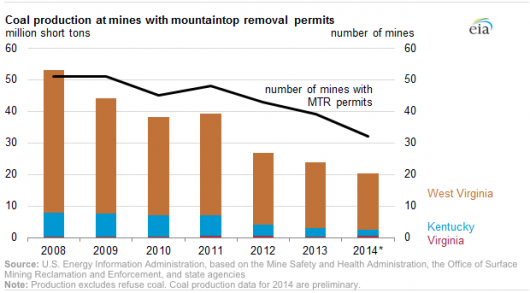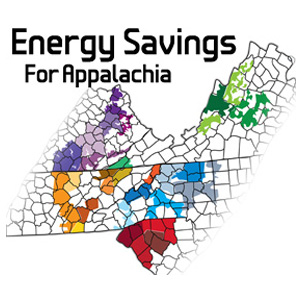Posts Tagged ‘Appalachian Voices’
Welcome to New Staff
Leigh Kirchner, Development Coordinator Join us in welcoming two new members to the Appalachian Voices team! Leigh grew up in beautiful Rockbridge County in the heart of Virginia’s Shenandoah Valley, where her roots go back many generations to a Monacan Indian on one side and German settlers on the other. A first-generation college student, she…
Read MoreSouthwest Virginia’s New Economy Forums
In October, Appalachian Voices partnered with Virginia Organizing to host eight community forums in the coalfield counties of southwest Virginia. More than 130 residents participated in the forums, sharing their ideas about how to move the economy of their communities forward. We are excited to continue this conversation. In the coming months, we will publish…
Read MoreSizing up APCo’s plan, through customers’ eyes
Appalachian Power Company customers gathered in Roanoke recently to learn more about their electricity provider’s long-term resource plans and get involved in these critical decisions. Here’s a look at how APCo’s plan stands to impede Virginia from harnessing its full renewable energy potential.
Read MoreFollow the leader: A Tennessee electric co-op moves forward
As one rural electric cooperative in Appalachia expands clean energy and technology, other utilities in the region can learn from its example of leadership. Appalachian Electric Cooperative is launching a community solar program, conducting a feasibility study for fiber optic internet and leading the way forward for rural energy efficiency programs in Tennessee.
Read MoreCitizen stories counter coal industry deception
Citizens and clean water advocates used a series of hearings on the proposed Stream Protection Rule to demand improvements to the draft version and call out state agencies for repeatedly failing to enforce regulations already on the books. Coal industry representatives, on the other hand, relied on “war on coal” rhetoric and deception to rally against the rule.
Read MorePredictable politics giving way to popular support for POWER+
In Kentucky, Virginia and Tennessee, cities and counties with long histories of coal mining are advocating for the POWER+ Plan, a federal budget initiative proposed by the White House to build a more diverse economy in the communities hardest hit by the regional coal industry’s decline. They deserve to be heard.
Read MoreCommunity Rallies Around Need for Energy Efficiency in the High Country
Over 1,000 residents support greater energy efficiency investments to grow economy, lower energy costs CONTACT: Rory McIlmoil, Energy Policy Director, rory@appvoices.org Sarah Kellogg, North Carolina Field Organizer, sarah@appvoices.org (828) 262-1500 Blue Ridge Electric fact sheet (PDF) Photos by Amy Adams, Appalachian Voices Boone, N.C. — More than thirty local residents, service organizations and local government…
Read MoreVirginia city first to support POWER+

How much progress are we making on ending mountaintop removal?
Last week, the U.S. Energy Information Administration pointed to a steep decline in coal produced by mountaintop removal mining. But
a closer examination of the data calls into question the adequacy of the legal definition of “mountaintop removal” and, more importantly, demonstrates that much more work is needed to truly end destructive mining practices in Central Appalachia.
Turning down the heat: A collaborative effort to reduce energy bills
Extreme temperatures can send electric utility bills skyrocketing across most of North Carolina and place high demands on the state’s electric utility infrastructure. Fortunately, proven models exist that expand access to financing for energy efficiency improvements for everybody, including those who may not qualify for loans under traditional underwriting criteria.
Read More





